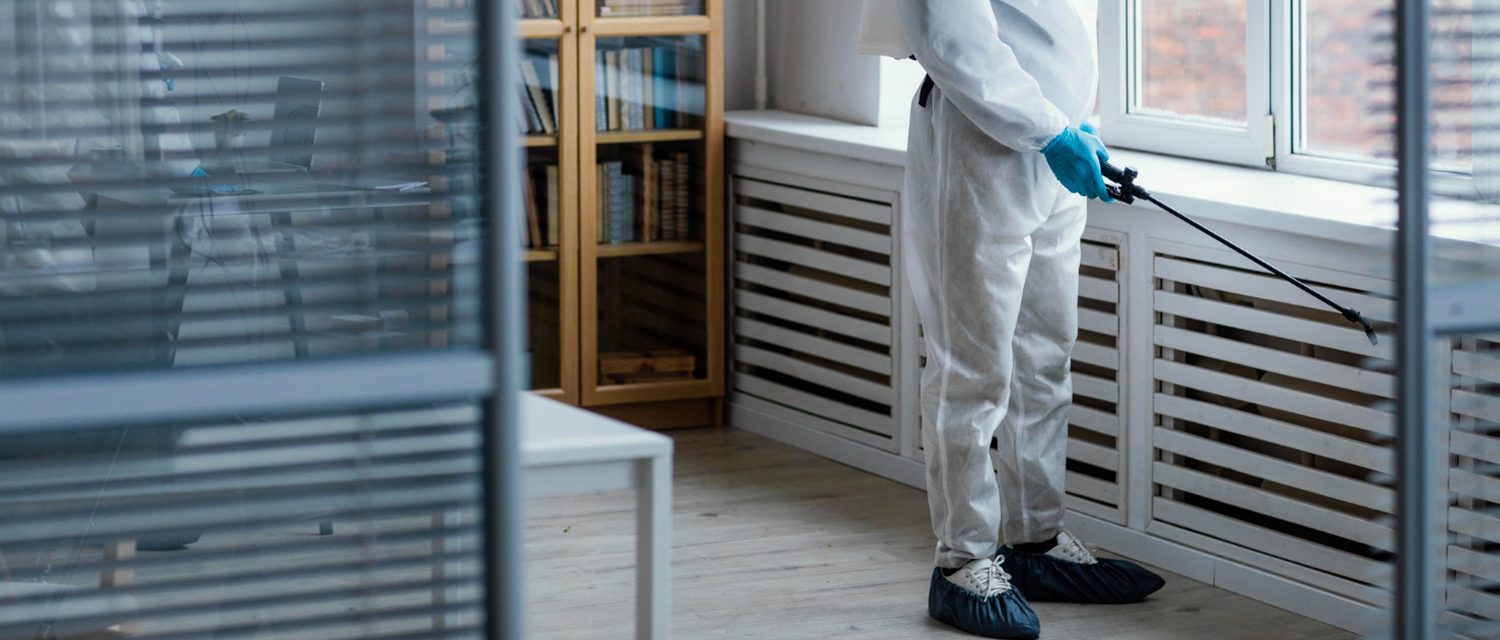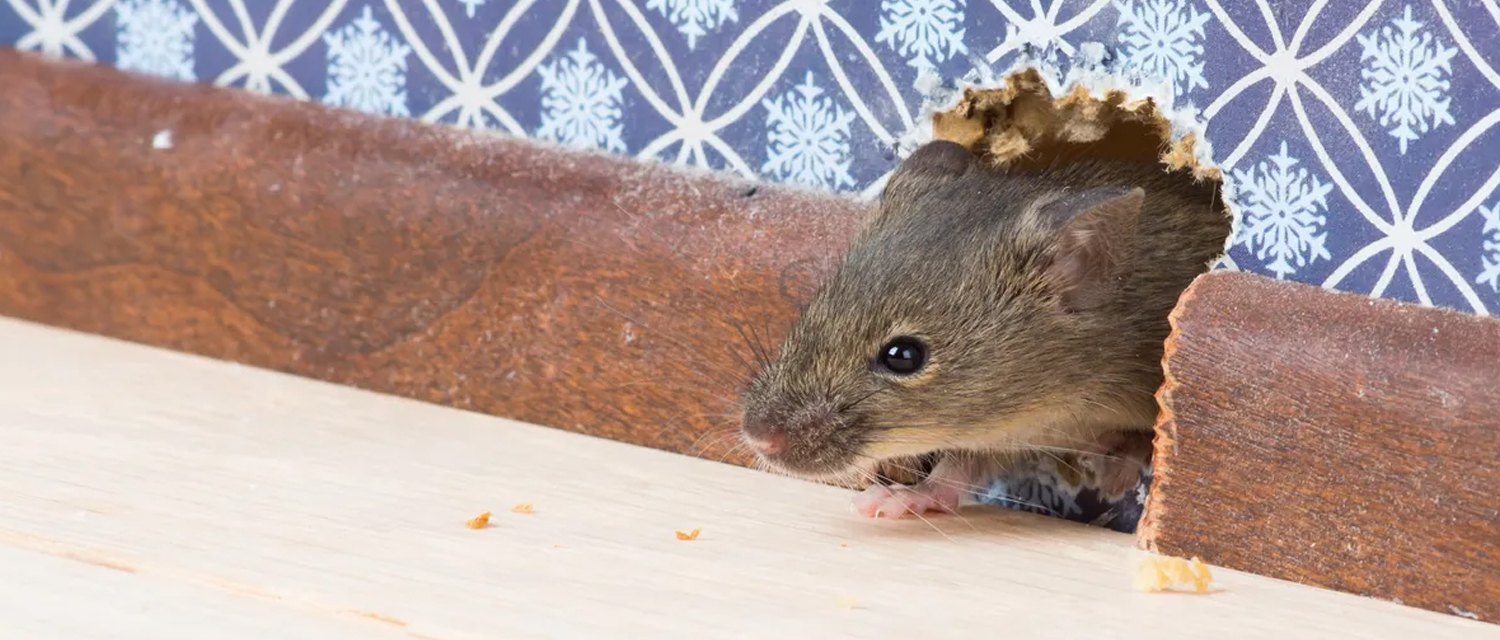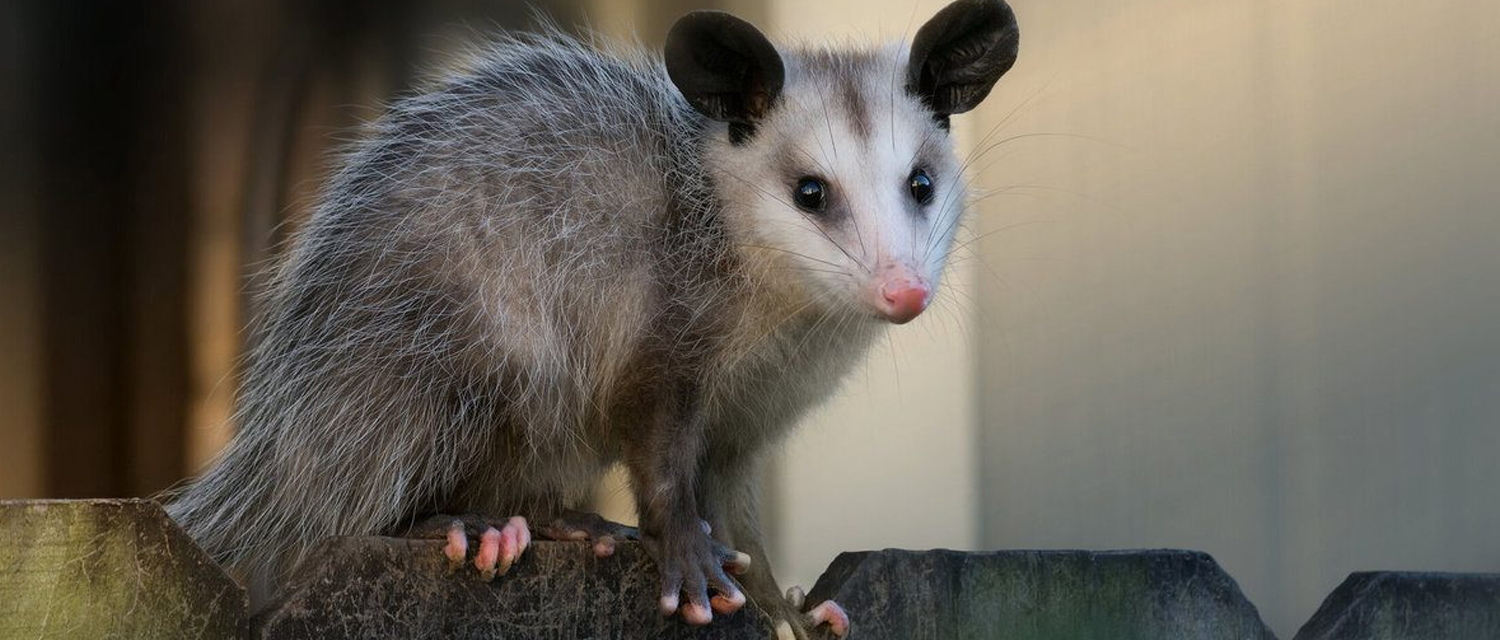Get free quotes within minutes
How to Prepare for Pest Control Service for The Home

Table Of Content
- Introduction
- Why It’s Important to Prepare Your Home Before Pest Control Services?
- Indoor Preparation
- Outdoor Preparation
- Preparation Tips to Take Before Pest Control Services
- How to Plan for Certain Types of Pest Control Treatments
- Measures to Take During Pest Control
- After Pest Control Services: What to Do Next
- Conclusion
If you need to ensure a home is healthy and free of pests, pest management services are important. Pests, including bugs, rats, and others, can cause a variety of harm. There are more than a few things to remember when putting in pest control to get superior results. This guide will highlight some crucial measures to take before you get the pest control service to your home.
Why It’s Important to Prepare Your Home Before Pest Control Services
You search for a pest controller near me, do many checks and hire a company. Treatments will only work as required if the area is adequately prepared. Such preparation guarantees that every part of the house needing treatment is covered. Preparation also prevents your household items, pets, and loved ones from being exposed to chemicals. When applying pesticides inside the home, one has to choose appropriate, safe and effective products.
Indoor Preparation
Protect Pets and Food: Other recommendations include avoiding spraying insecticides where birds, fish, and other pets are found by taking the cages/birds, fish tanks, etc, out of the treated zone. Avoid placing any food, cooking utensils, or other personal belongings in the area that will be treated. It is advisable to wash all surfaces in the kitchen thoroughly after the treatment but before preparing any consumable meal.
Avoid High-Touch Areas: Avoid using surface sprays on objects that family members directly touch, such as furniture. However, it is best to avoid using them in high-traffic areas, such as door handles, and use them in places like skirting.
Ventilation is Essential: After applying the insecticides, allow the room to be empty for the chemicals to start settling down. It would help to open the windows so fresh air can circulate and clear any remaining smoke in the house.
Use Baits for Targeted Control: Rodent and insect control are less dangerous when baits are used instead of the poisonous chemicals mentioned above. They are relatively safer to use with minimal risks of exposing individuals to the pesticides used in the plants as long as they are placed at a height that children or pets cannot easily access.
Outdoor Pesticides Indoors? Think Again! Do not use outdoor pesticides within your home environment. These chemicals can remain toxic for longer indoors, making them even more dangerous for your family.
Outdoor Preparation
Close Doors and Windows: When you're spraying insecticides around your home, make sure that every door and window is closed to keep away from letting the chemical compounds into the residence.
Weather Matters: Do no longer spray insecticides while they're moist or windy on the day they're carried out. Adverse weather conditions may have an impact on the efficiency of the treatment and endanger other animals, humans, or the environment.
Protect Sensitive Areas: Avoid using pesticides on fish ponds, grills and vegetable gardens without covering them first. Pet bedding, food, and water dishes should be taken to a different room or area while the treatment process is being conducted.
Wait Before Watering: After applying a pesticide, do not water your garden before the waiting period advised by the pesticide has elapsed. This helps in prolonging the effectiveness of the chemicals in use.
Monitor for Side Effects: Monitor the impact of the pesticides on plants and the birds for several days after the treatment in order not to harm the birds.
Inform Your Neighbors: If this falls under the outdoor application of pesticides, ensure that you notify your neighbours due to its effects on pets and children.
Rainwater Tanks: If you have a rainwater tank, make sure that water from the rainy area is not piped into the tank to avoid poisoning by pesticides. Avoid spraying pesticides when rainwater is filling the tank or immediately after filling to prevent contamination of the collection hose.
Preparation Tips to Take Before Pest Control Services
Certain factors have to be considered with a view to reducing the chances of pest attacks.
Inform the Pest Control Company: Pest control providers should be informed if someone in your home is pregnant, less than one year old, or has a known form of allergy. This makes them capable of observing all the precautions that they may deem necessary.
Prepare Your Pets: When hiring the pest control technician, ensure that they are aware of any pets you have in the house. Remove their food, beds, and water dishes from the area where the treatment will be done. It may also be necessary to cover or move pet cages or tanks to other areas temporarily if needed.
Document Pest Activity: Write down where you have detected pests around your home. This helps the technician be specific and focus on more infected areas.
Clean the Floors: Sweep or vacuum the floors and clean the carpet to dispose of bugs and their larvae. This ensures that the treatment targets the residing pests and minimizes the probability of re-infestation.
Store Items Properly: Ensure the household goods and foodstuffs do not get contaminated by providing the proper storage facilities.
Move Furniture: Clear large items such as furniture and appliances from the walls to allow easy access to the technician.
How to Plan for Certain Types of Pest Control Treatments
Not all pests require the same preparation method to be used for them or in treating them.
Ant Control
As far as ants are concerned, these are usually gotten rid of by pesticides strategically positioned around your compound. To ensure the treatment is effective:
Clean Thoroughly: Mop or sweep the floor, clean from the centre of the room and move outward by picking up floor crumbs alone. This is because ants are drawn close to food and other food crumbs as a clean home directs them to bait stations.
Store Food Properly: Take foods that are out of reach of kids away from shelves and countertops. Do not allow ants to approach your food by storing it in ant-proof containers.
Termite Control
The techniques of termite control, therefore, include the installation of baiting stations, the use of liquid applications or spot treatment on the wood. To prepare:
Transparent Access to Walls: Move items such as furniture away from the walls to allow the technician to check for signs of termites.
Maximize Natural Light: Make certain blinds and curtains are opened to facilitate the flow of natural light, which the technician can use to inspect other areas, such as the windows and door frames, for signs of forced entries.
Cockroach Control
In the strategy for cockroach control, tidiness is vital in attracting the bugs to the bait. Here’s what to do:
Cover Food: Make sure that all the food is protected from contamination by properly covering and storing it.
Vacuum Regularly: Throw away any observable droppings or eggs while using a vacuum cleaner. Always make sure to clean the vacuum after using it to avoid the spread of pests.
Take Out the Trash: Empty the garbage regularly to minimize the chances of the roaches getting attracted to the bins inside the house.
Flea Control
Because fleas can move around the house, it is important to eliminate any potential sources that can be found. Here’s how to prepare:
Launder Bedding: Pillowcase, cloth toys, pet and human bedding should also be washed in hot water to eliminate fleas and eggs.
Vacuum and Mop: Vacuum all carpeted areas and sweep all floors, paying special attention to corners and wall edges.
Clean Furniture: Wash furniture coverings with hot water or vacuum if needed.
Treat Your Pets: While your home is being treated, take your pets to the vet for flea inspections and treatment if necessary.
Rodent Control
If you suspect rodents in your home, take these steps before rodent control experts arrives:
Store Food Securely: Do not allow any food, even packed food, to be exposed by storing it in an open container or leaving it at room temperature.
Seal Gaps: Screw up any cracks and openings on walls, floor skirting, and doors through which the rodents may dens.
Move Appliances: Remove kitchen appliances from bench tops or any area under the sink if you have observed signs of rats there.
Clean Floors Regularly: Ensure the floors are clean and do not have any dropped foods that may attract rodents.
Spider Control
To prepare for spider control:
Clean Your Home: To minimise access to a location for building a web, it is necessary to clean the house frequently and get rid of clutter.
Remove Cobwebs: In case there is a presence of cobwebs, then it is advisable to wipe the cobwebs physically and all observable spiders.
Check for Other Pests: The existence of spider formation may mean the presence of other pests, and they can also need elimination.
Measures to Take During Pest Control
It could be very critical to make certain that the affected domestic area is secure enough to occupy at some stage in and after the application of pest-manufacturing chemicals.
Wear Protective Gear: If you have to live at home at some point during the treatment, then wear defensive apparel like gloves and a mask to avoid publicity of the chemical compounds.
Follow Professional Instructions: Remember constantly to follow the commands given to you via the pest manipulation technicians, mainly while it is safe to move again into the remedy vicinity.
Keep Children and Pets Safe: It is likewise vital to make certain that kids and pets no longer come into contact with surfaces till it’s safe for them to achieve this.
After Pest Control Services: What to Do Next
Once the pest control treatment is completed, follow these steps to maintain a pest-free environment:
Avoid Treated Areas: Do not go back to areas that the professionals have treated for the duration they suggest. This is to allow the treatment to take its proper course as had been intended.
Ventilate Your Home: When it is safe to come back, make sure to open windows and doors to foster proper airflow inside. This assists in washing off any of the chemicals that might be left after the treatment process.
Avoid Cleaning Treated Areas: Do not wipe or mop the treated areas for a week after the treatment has been done. This allows the chemicals to act and also to remain optimally viable.
Conclusion
Cleansing and follow-up remedies are some of the primary factors that may dictate the fulfilment of pest management. In this way, you will be able to make your own home safe, easy and free from any pests that could harm the lives of the people living there. Remember, pest manipulation is a constant system; as a result, non-stop monitoring of the home and prevention will always shield opposition to pests within the destiny. Through these steps, it is possible to secure the best chance and keep your home and loved ones safe from the damage and health risks posed by pests.
YOU MIGHT ALSO BE INTERESTED IN
Capital Cities
- Pest Control Services Services in Melbourne
- Pest Control Services Services in Brisbane
- Pest Control Services Services in Sydney
- Pest Control Services Services in Adelaide
- Pest Control Services Services in Perth
- Pest Control Services Services in Canberra
- Pest Control Services Services in Hobart
- Pest Control Services Services in Darwin






